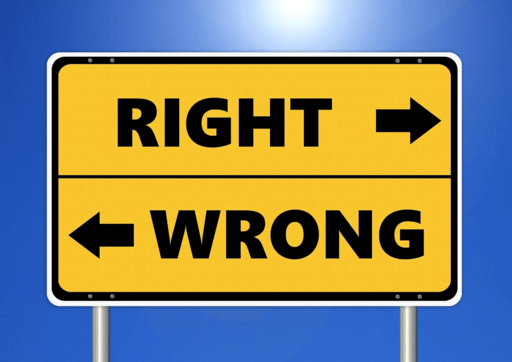Item Link: Access the Resource
File: Download
Date of Publication: May 6
Year of Publication: 2022
Publication City: Cham, Switzerland
Publisher: Springer Nature
Author(s): Enno A. Winkler
Journal: SN Social Sciences
Volume: 2, 66
Abstract
This paper analyzes the political, philosophical, societal, legal, educational, biological, psychological, and technological reasons why there is an urgent need for basic intercultural and interfaith ethics in the world and whether it is possible to formulate a valid code of such ethics.
It is shown that universal ethics could be founded on natural law, which can be understood in both religious and secular ways. Alternatively, universal ethics could be based on a single supreme principle that is independent of worldview and culture: human dignity. In accordance with these concepts, a minimalist and normative code of essential, self-evident universal ethical principles and norms is proposed. The implementation of universal ethics in society is a long-term political task that could be achieved by including universal ethics in the compulsory school curriculum of all countries and in the UNESCO agenda of Global Citizen Education.
Read the full paper here or download it from the link above.

